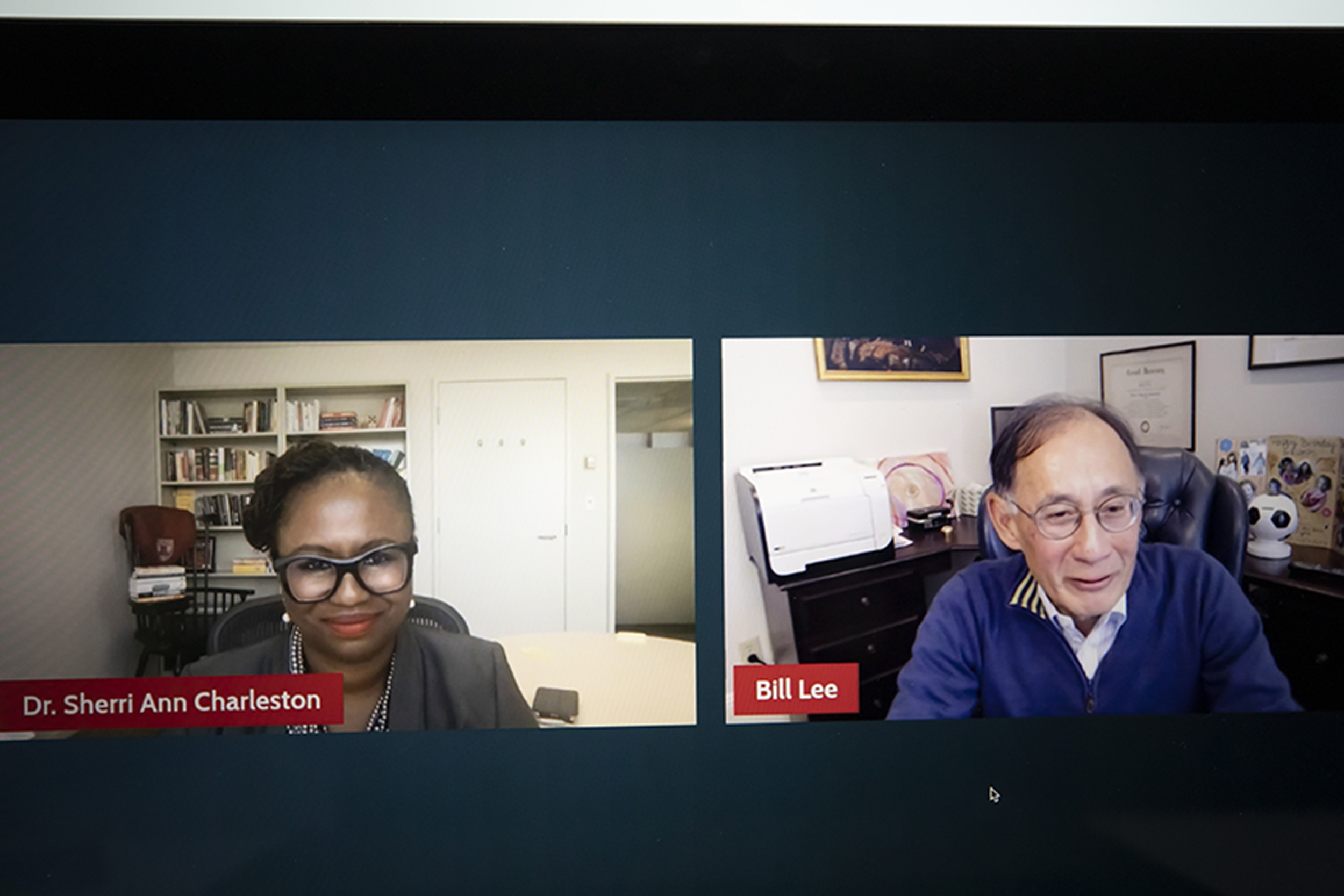In my own case, I just find it a bit disturbing that an entire industry is effectively driving men OUT. Are you saying that’s a good thing dioptase? That being said, women, particularly the younger ones, are generally miserable b*tches toward men. To the women on this thread saying they’ve had no problem with their female vets, my response is, that’s to be expected. Like women complain about how male mechanics routinely talk down to them or treat them badly, the reverse is true for men dealing with female “professionals.” Further, women, particularly younger ones, tend to cover up when they don’t know something.
These are the issues I have with women vets. And I stand behind every word of it.
My problem (with you), I guess, it that it seems to me as though you think there is some vast conspiracy to force men out of the profession.
While I agree that at some point in time there was probably some degree of AA wrt getting into certain STEM professions, I don't think that's the case recently. (I have no proof of that, but such bending-over backward doesn't seem likely to me, certainly not to the extend of deliberately turning down, en masse, qualified male applicants.)
Consider instead, that the seeming proliferation of women in certain professions has more to do with changes in the college application/admission process over the past decade or so. Changes which may not
consciously, intentionally have been favoring females/disfavoring males, but which might have ended up with a similar result regardless.
When DD was applying for college (more than a decade ago), I was astonished/concerned at the college application process. To get into the highest tier school that you might conceivably qualify for, good grades aren't enough anymore. Good SAT/ACT scores aren't enough anymore. No. Apart from filling their own "diversity" (such as students from every state and every kind of background) and "institutional need" (such as players for their sports teams, musicians for their bands/orchestras, writers for the school newspaper and the like) niches, colleges want "well rounded individuals", which means that you have to show some consistent interest/participation in an activity over time. (Exceptions can be made for that, as in the case of someone who has to work to help support their family or afford tuition.)
In addition to THAT, you also have to write some number of essays in a manner pleasing/engaging to the admissions officers. Good luck with
that, if you have any kind of problems writing essays, especially if you can't find it within yourself to write about yourself or your experiences. (DD wrote one general essay that was sent to all the colleges/universities that she applied to, as part of a common application form, BUT she also had to write additional essays for most of the individual schools. I frankly despaired of her getting those essays done, because she is/was a private but not introspective person, and those essays were difficult for her to write, and what she came up with frankly wasn't inspiring to
me!)
Now, all of that is just for admission to an
undergraduate school. Consider what it must take to get accepted into a medical or veterinary school. Some years ago, out of curiosity, I looked at an application form to study to get a vet tech degree - this is a lowly tech, not a veterinarian, mind you. It appeared that the admissions officers in that situation wanted some several-years-long demonstration of interest/commitment to animal care, such as volunteering at shelters, vet offices, rescue groups, and the like.
Now, step back and ask yourself...
Which gender may have better language/writing skills (at a young adult age) and so be better able to write an enticing essay on an application?
Which gender, from a young-ish age, might be more apt to be involved with animals in such a way? (I'd guess 50/50 for those with a farming/rural background, but for those with an urban background? My gut feeling (and I could be wrong) is that more females than males would have such experiences.)
All of this is my
feeling... which you might think is "sexist". Fine, whatever. I think you'd have to actually ask a veterinary school admissions officer for what it is that they are looking for - but I don't think that it's "we want all women".
The rest of your response, I can see and understand your viewpoint, because (as you suggested) it also works the other way. I've been told by more than one (female) medical person that the orthopedic surgeons (at that time, and possibly still, predominately male) have ingrained biases/beliefs about their female patients - effectively that they don't really want to, or need to, be physically active (especially if they are older, heavier women like I am), and that a little PT will solve their problems (or at least satisfy them enough to shut them up), and if it doesn't, then maybe they just aren't working hard enough. (
Part of the solution to that is to be really aggressive with them, stand your ground, make them do the damned MRI or whatever so that they are forced to acknowledge that yes, there really
is a problem where something surgical has to be done to fix it. But the problems extend beyond that, including but not limited to giving you false expectations as to the extent of recovery possible and the timeframe to get there.)
As to "young" female veterinarians being problematic... well, as I wrote earlier, "young" (in this case, male) doctors can be problematic too. That rant I mentioned earlier about "young doctors" wanted to operate at the drop of a hat, whether it made sense or not? The rant was by an older, experienced (male) orthopedic surgeon, directed at younger surgeons in his specialty - the vast majority (maybe ALL of them) in this particular large foundation, being male.
So gender plays a role in some situations, I will grant you that, with each of our genders having some issues with professionals of the other gender, but I stand by my contention that experience and personality also have a large part to play there.
So sorry, I don't believe in a deliberate, vast, anti-male conspiracy, at least not wrt excluding men from the veterinarian (or human medical) professions.




